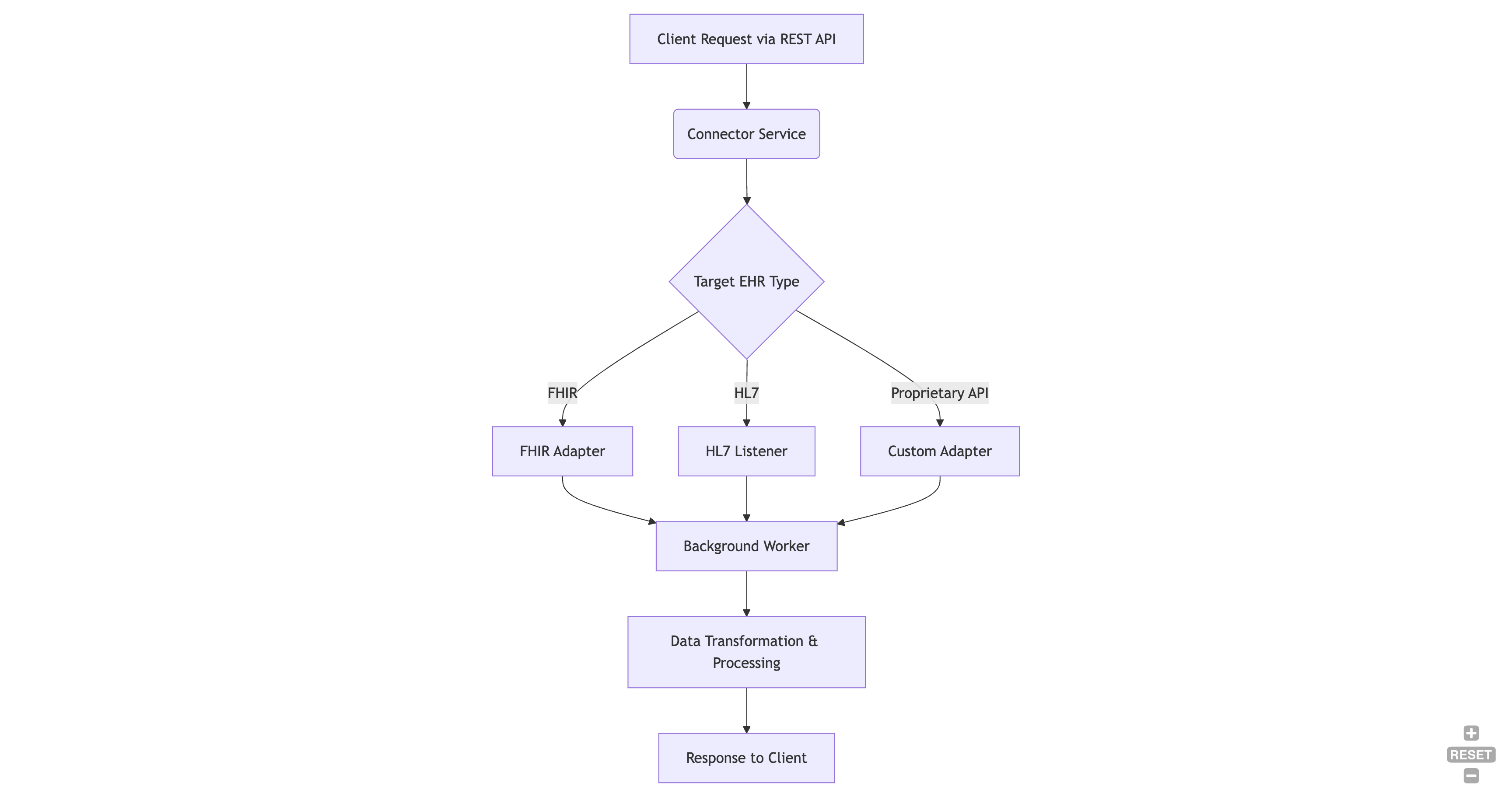svelte development Services

Custom Svelte Web Application Development
Svelte Component Development
Our developers build reusable, highly optimized Svelte components to streamline your development process.
These custom UI components help create consistent, fast, and scalable applications.
Progressive Web Apps (PWAs) with
Svelte
Performance Optimization for Svelte Apps
- Optimizing bundle size for faster load speeds
- Reducing memory leaks & improving responsiveness
- Enhancing SEO with SSR and SSG strategies
- Implementing best practices for better reactivity and scalability
Migration to Svelte
SvelteKit Development & Server-Side Rendering
We leverage SvelteKit to build SEO-friendly, high-speed web apps with server-side rendering (SSR), static site generation (SSG), and progressive enhancements.
This ensures better search rankings and improved web performance.
Real-Time Dashboard & Data Visualization Solutions
Svelte Consulting & Code Audit Services
- Code audits to identify areas for improvement
- Architecture planning & best coding practices
- Svelte performance tuning & debugging support
Expertise in Svelte.js & SvelteKit
Our developers specialize in creating dynamic, efficient web applications with modern UI/UX.
Optimized for Speed & Performance
Svelte eliminates the need for a virtual DOM, resulting in blazing-fast load times and seamless interactions.
Full-Stack Capabilities
From frontend UI development to backend API integration, we deliver end-to-end solutions.
SEO-Optimized Development
We implement SSR (Server-Side Rendering) and Static Site Generation (SSG) with SvelteKit, improving search rankings and page load speed.
Agile Development Process
We follow an iterative approach, ensuring your app is delivered on time with continuous improvements.
Do you want to battle-test your software with our Quality Engineering team?
Simplifying EHR Integration: One REST API to Connect FHIR, HL7, and Proprietary Systems
Blazing Fast Performance
Svelte applications run faster than React or Angular because they don’t rely on a virtual DOM. This means:
- Quicker page loads for better user experience
- Lower memory usage, enhancing application efficiency
- Improved SEO rankings due to faster load times
Lightweight & Minimal Code
Svelte applications have a smaller bundle size, making them easier to deploy and load. This helps businesses:
- Reduce hosting and bandwidth costs
- Deliver an optimal mobile experience
- Enhance application responsiveness
Scalability & Flexibility
Svelte is highly scalable, making it ideal for startups and enterprises looking to expand. It supports:
- Modular architecture for easy scaling
- Seamless API integrations
- Progressive enhancement capabilities
Better User Experience with Smooth UI/UX
With built-in reactivity, Svelte ensures seamless animations and smooth transitions without extra dependencies. Businesses benefit from:
- Highly engaging, interactive interfaces
- Faster response times for user actions
- A polished, modern design
Easy Maintenance & Faster Development
Svelte simplifies code structure, reducing development time and effort.
- No extra state management libraries needed
- Less boilerplate code = faster debugging and updates
- Rapid prototyping for quicker go-to-market
SEO-Friendly & Server-Side Rendering (SSR)
Svelte works seamlessly with SvelteKit, allowing server-side rendering (SSR) and static site generation (SSG). This boosts:
- Better SEO performance
- Improved accessibility for search engines
- Higher conversion rates due to faster loading times
Scripting languages
Java
Kotlin

Python
WebdriverJS
C#
Why should I choose Svelte for my web application?
- Blazing-fast performance due to direct DOM updates
- Lightweight applications with minimal dependencies
- SEO-friendly architecture with fast load times
- Simplified code structure, reducing development time
Is Svelte good for enterprise applications?
Does Svelte support server-side rendering (SSR) for SEO optimization?
How secure is a Svelte application?
Svelte provides built-in security features such as:
- Minimal dependencies, reducing attack surfaces
- Protection against common vulnerabilities like XSS
- Support for authentication, encryption, and secure APIs
